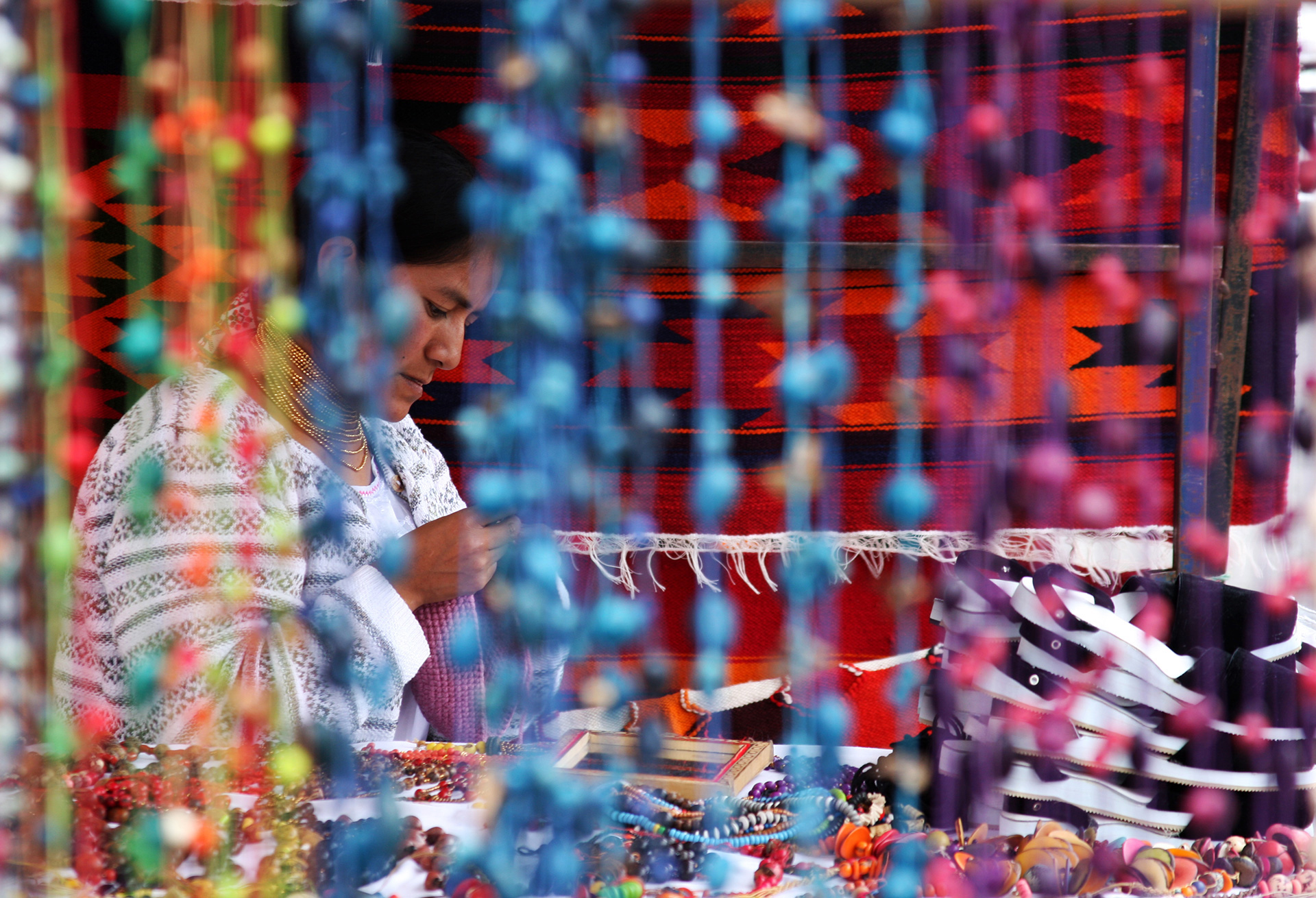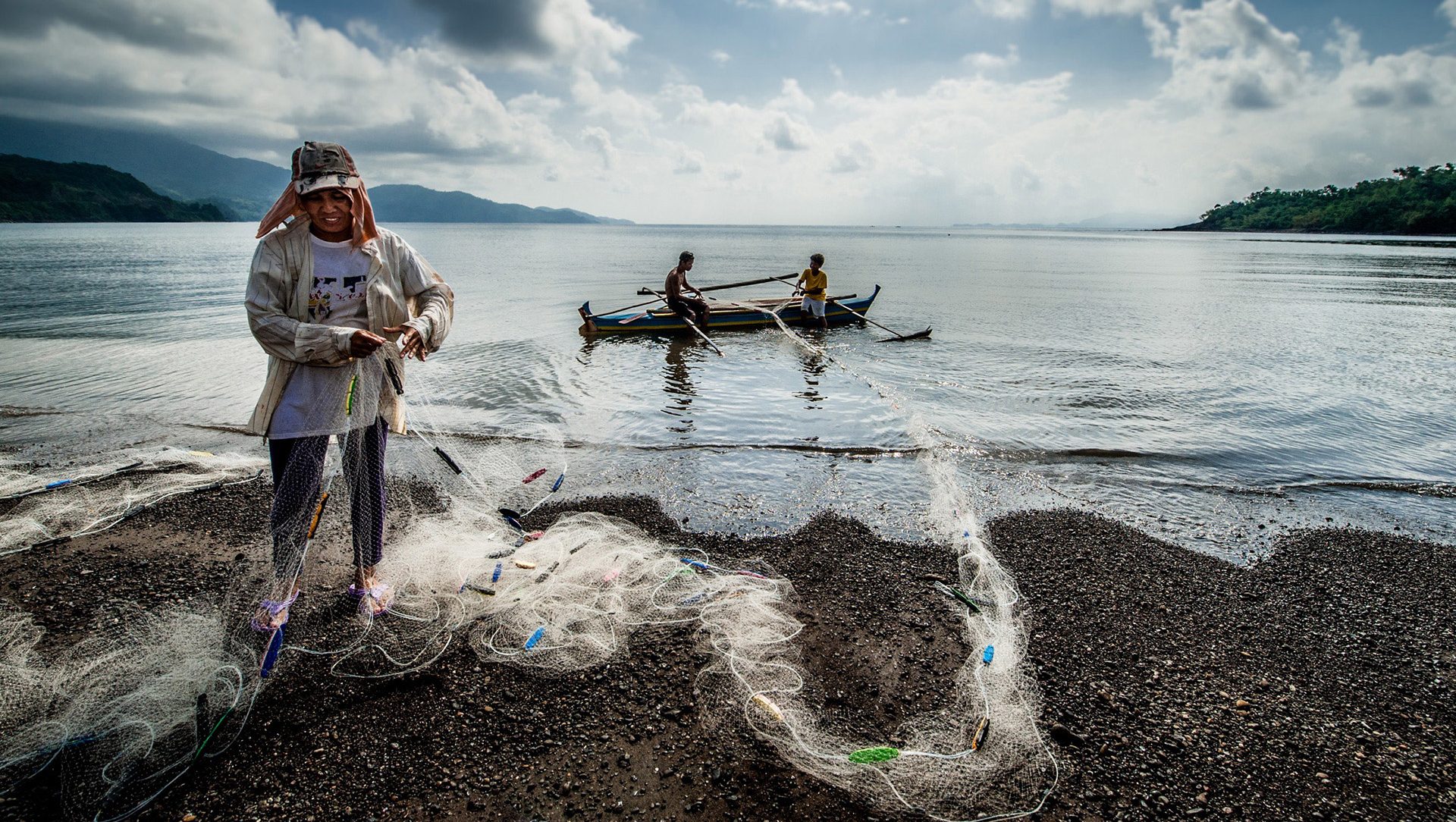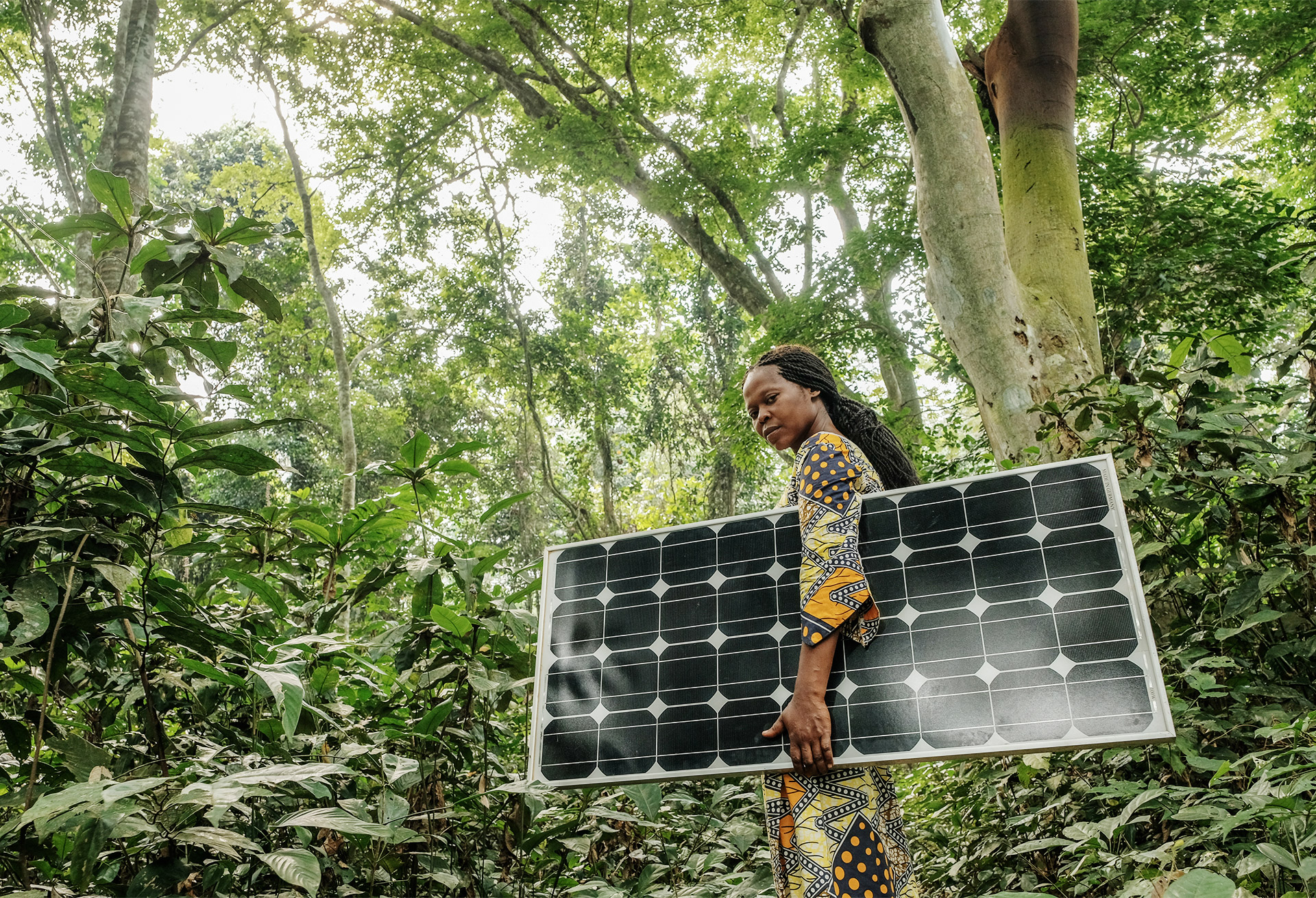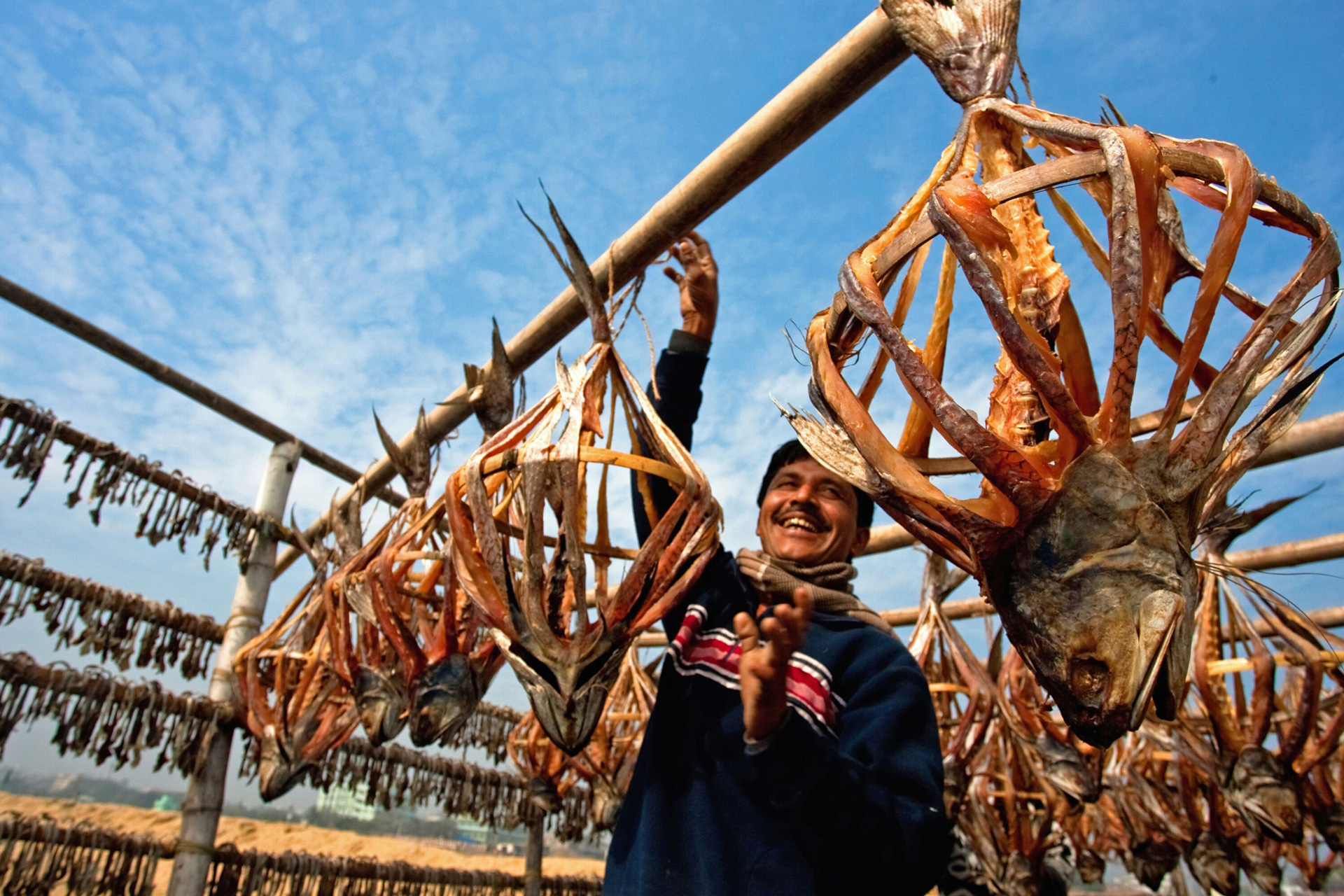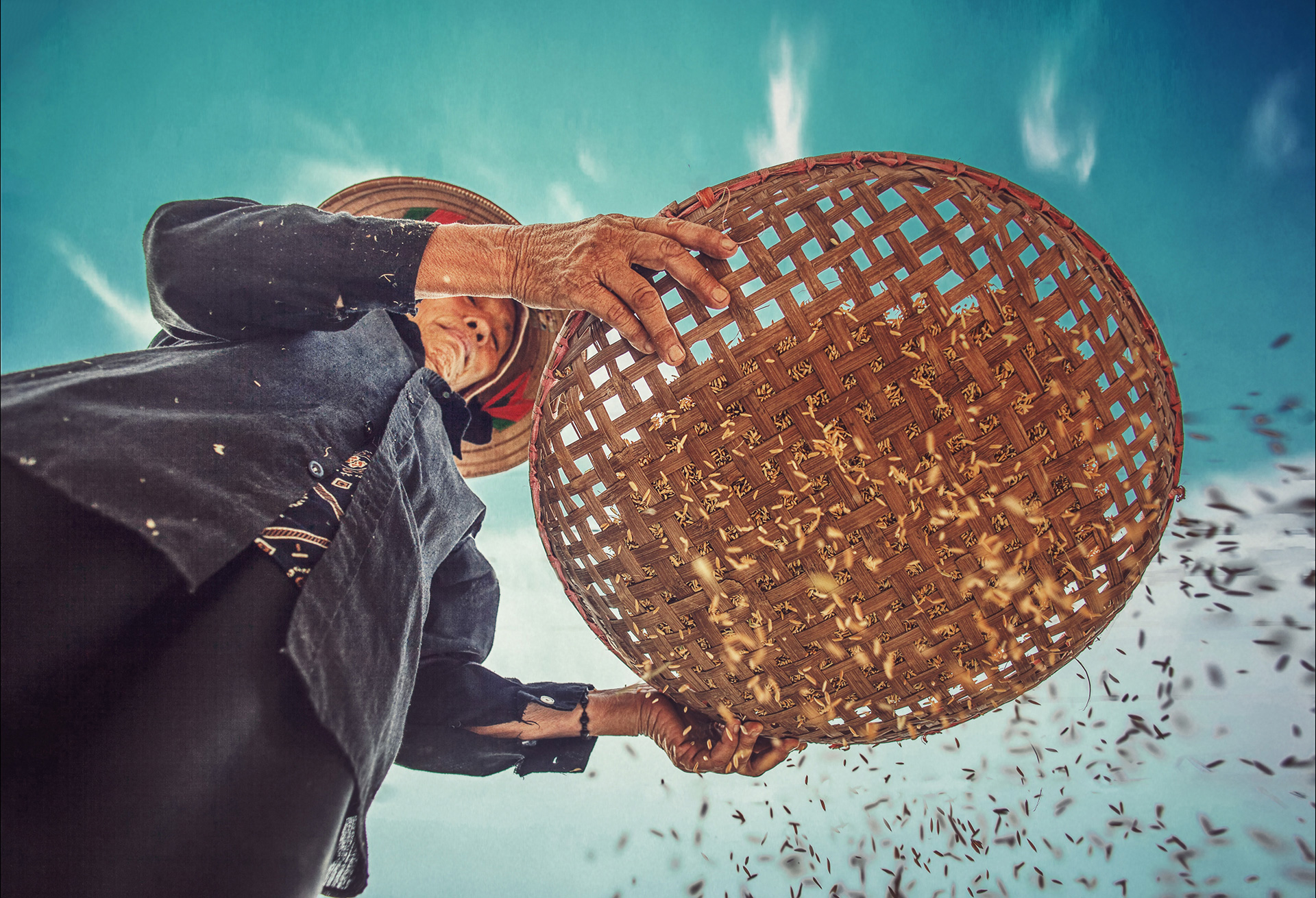
Ida Rademaker: “Development actors can play an important role in identifying and addressing food supply chain disruptions. It is important to keep business and food value chains and markets going, to maintain open trade systems to avoid a global food crisis, and to monitor, assess and communicate to enable early detection and rapid response to emerging food system blockages and food insecurity.”
Ida Rademaker is the Food and Nutrition Security Policy Officer at the Inclusive Green Growth Department (IGG) of the Dutch Ministry of Foreign Affairs (MoFA). IGG initiated the Community of Practice (CoP) to respond to the challenges introduced by COVID-19 in terms of food security in emerging markets. Different organizations were brought together to identify opportunities for collaborations and joint initiatives. Four CoPs were established: 1) Markets, Supply Chains and Nutritious Foods; 2) Finance and Outreach; 3) Digital Solutions; and 4) Knowledge. The MoFA isinvolved in the CoPs as co-convener, to pass information through when needed. The CoP on Finance and Outreach is convened by NpM.
- How has the COVID-19 lockdown affected food security across the globe?
“The impact of the COVID-19 crisis on food and nutrition security is still unfolding, but we already know that the number of people with hunger is increasing. Currently, the main threat to food and nutrition security is loss of income, and the resulting decrease in purchasing power. For example, the ILO estimates that 1.6 of the 2 billion people active in the informal economy have lost their jobs. The majority of these people are day labourers in developing countries who normally spend 60 to 70% of their income on food. In addition, the flow of remittances, another important source of income for many people, has drastically reduced.
The number of food and nutrition insecure people will further increase when national responses to the COVID-19 pandemic continue to include containment measures leading to immobility. When farmers can’t go to their fields for planting or harvesting, can’t access the inputs and services they require for farming, and food cannot be distributed to markets, the availability of food also becomes a threat to food and nutrition security.”
- How have microfinance institutions with a focus on agricultural finance been affected the most by COVID-19?
“The loss of purchasing power of consumers, and supply chain disruptions in value chains, have decreased income of SMEs including small-scale farmers. They experience a hard time paying back their loans. This leads to a decreasing liquidity for MFIs, while at the same time demand for loans increases.“
- How can the CoPs help ensure food security and support agri-value chains under COVID-19? And which actions on the short term must be taken?
“The CoPs can help to share data, information and lessons learnt around a certain theme. Updates from the situation are more than ever important to know what is happening on the ground and to translate this information into actionable information for food and nutrition security programs.
Development actors can play an important role in identifying and addressing supply chain disruptions. In the short term, it is, amongst others, important to keep business and food value chains and markets going, to maintain open trade systems to avoid a global food crisis, and to monitor, assess and communicate to enable early detection and rapid response to emerging food system blockages and food insecurity. Furthermore, we should keep agricultural production and food supply chains functioning to avoid food price spikes, and to support the liquidity of agri-food businesses and farmers to ensure they can keep working and do not go out of business.“
For more information about how the CoPs support the Dutch response to COVID-19 in the emerging markets food supply chain, click here.
